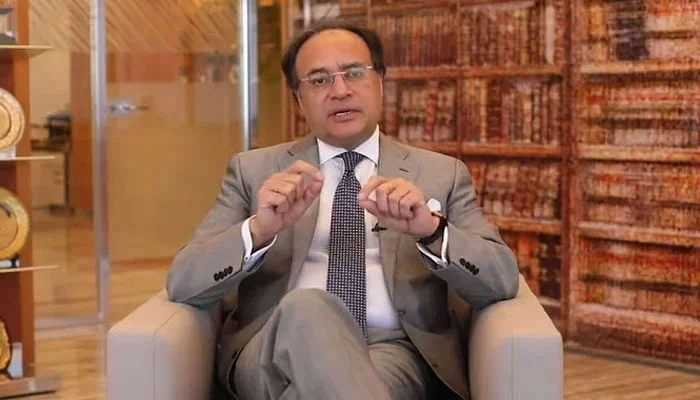ISLAMABAD: Finance and Revenue Minister Mohammad Aurangzeb is set to present the Tax Law Amendments Bill 2024 in the National Assembly today. The proposed bill is aimed at targeting tax evasion through stricter enforcement measures, aligning with commitments under the IMF programme.
Key Features of the Bill
- Crackdown on Tax Evasion:
- Measures include:
- Freezing bank accounts of identified tax dodgers.
- Banning purchases of immovable property and vehicles.
- Restricting investments in stock markets for those evading taxes.
- A common data-sharing mechanism between the FBR and State Bank of Pakistan (SBP) will be established to monitor financial transactions exceeding Rs10 million annually.
- Measures include:
- Cash Transactions Limit:
- For individuals with income above Rs10 million, the bill proposes capping annual cash deposits/withdrawals at Rs30 million if the transactions do not align with the individual’s declared income.
- No Changes to Tax Rates:
- According to FBR officials, the bill will focus on enforcement measures rather than adjusting tax rates.
- Targeting the Tax Gap:
- Pakistan’s tax gap is estimated at Rs7.1 trillion annually across all tax categories. The bill is part of broader efforts to close this gap.
Agricultural Income Tax (AIT)
- The AIT, a provincial domain under Pakistan’s constitutional framework, remains a contentious issue.
- The Sindh government and coalition ally PPP have resisted federal government efforts to move forward with this structural benchmark under the IMF programme.
- The federal government has opted to present the tax amendments as a bill instead of promulgating an ordinance, following opposition from PPP and others.
Economic and Policy Implications
- The proposed measures reflect commitments made to the IMF, focusing on enhancing tax compliance and broadening the tax base.
- Strengthened enforcement is expected to improve revenue collection without altering tax rates, ensuring the government meets its fiscal targets.
Challenges Ahead
- Securing provincial consensus, especially on the AIT, remains a hurdle.
- Enforcement of the proposed measures may face resistance from businesses and individuals, particularly those accustomed to operating outside the formal economy.
The Tax Law Amendments Bill 2024 represents a significant step in addressing Pakistan’s long-standing challenges of tax evasion and under-collection. If implemented effectively, it could pave the way for a more equitable and sustainable tax system.
To Keep Updated Visit & Follow our Facebook Page Or Our Website




